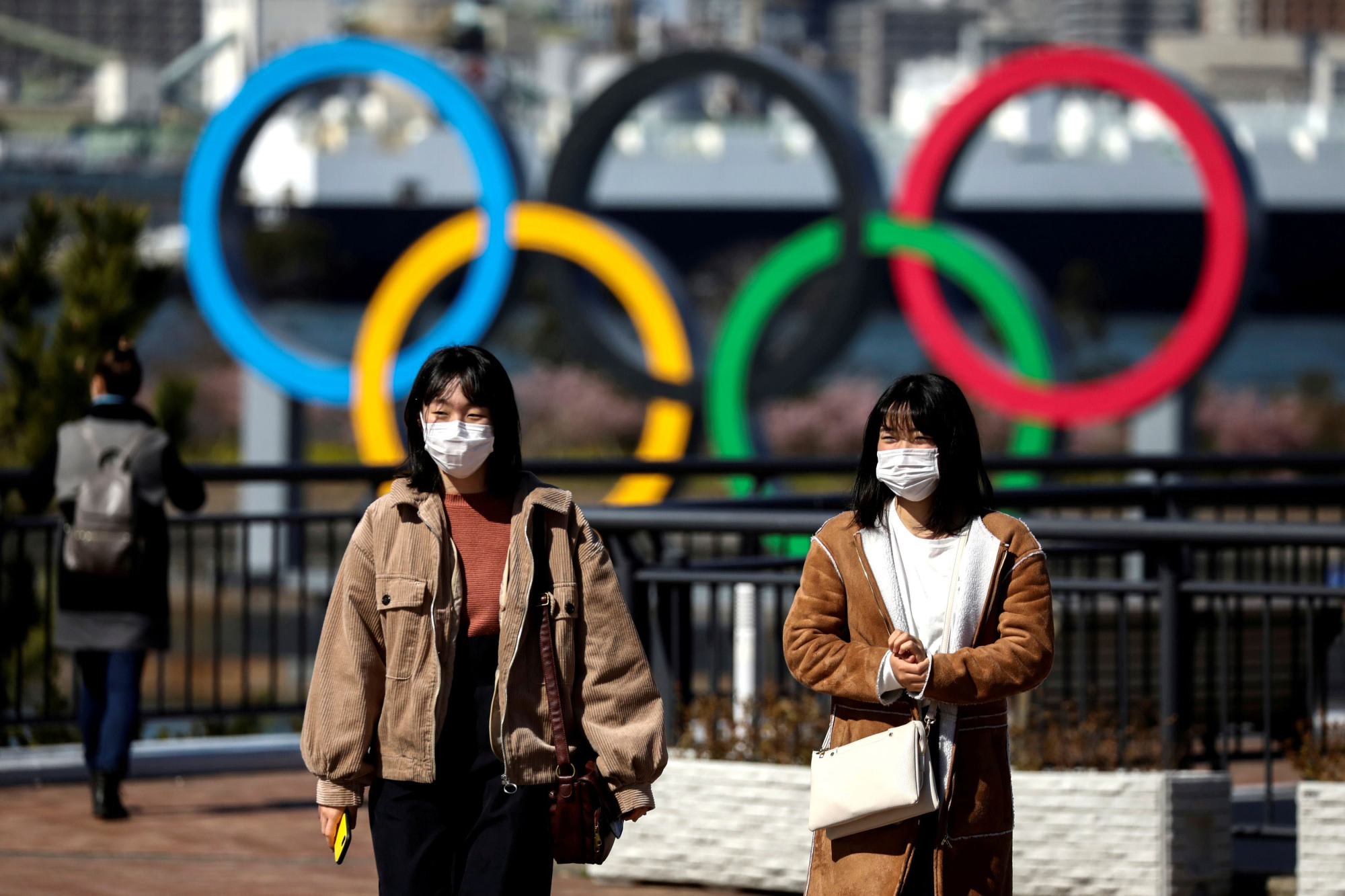In 1906, preparations for the 1908 Olympics were underway in Rome when Mount Vesuvius erupted and devastated Naples. The Italians, already strapped for funds to build Olympic venues, used the disaster as an excuse to back out of their commitment. The International Olympic Committee (IOC) didn't miss a beat: In November 1906 — a mere 15 months before the opening ceremonies — London was selected as a replacement and held the games on time. Among other feats, the city built the first dedicated Olympic Stadium.
In 2020, the new coronavirus is a much graver threat to the Olympics than any volcano. Cases are spreading across Japan, qualifying events are being canceled, and countries around the world are cutting off travel to the country. With three weeks until the start of the torch relay, and five months until the opening ceremonies, the future of the 2020 Summer Games is less certain than any Olympics in decades. The IOC and Tokyo organizers recently told the news media that there is no "Plan B." But even if Tokyo 2020 proceeds as originally planned, future games probably won't. The coronavirus could change the Olympics in ways that may make them safer but certainly less appealing to athletes, spectators and commercial sponsors.
The Olympics have always entailed risk, mostly financial. The 1896 Athens games incurred at least a 1,000 percent cost overrun (for a final price of roughly 3 million drachmas). During these early years, risk was managed by evaluating potential liabilities and — yes — buying insurance policies. The only phenomenon powerful enough to interrupt the games outright was a world war: The 1916, 1940 and 1944 games were canceled.


















With your current subscription plan you can comment on stories. However, before writing your first comment, please create a display name in the Profile section of your subscriber account page.